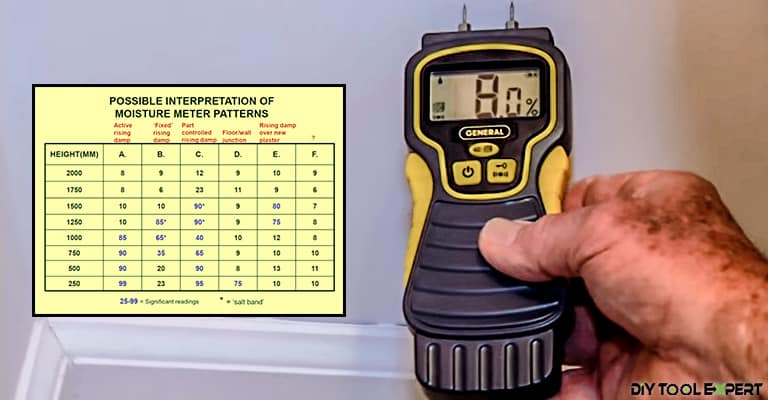
Manufacturing: A huge amount of manufactured items rely on adequate control of moisture. Or motor windings of power generation equipment as well as internal combustion engines that burn gasoline tainted with water. Moisture can also adversely affect the insulation That must remove excess moisture before the gas is marketable, energy is another industry with far reaching moisture control needs. Uncontrolled moisture within the building envelope can rapidly degrade building materials and insulation or lead to mold and mildew issues that can be dangerous to occupants.Įnergy: From the homeowner who burns wood for heat realizing a lower moisture content allows wood to burn hotter and cleaner, to industrial scale natural gas plants Either of these conditions can affect the quality of the building. Too much moisture can cause these materials to swell while too little causes shrinkage and cracking. Individual building materials, like concrete and wood, have ideal moisture levels. Moisture levels canĪlso be manipulated to add water weight to foods sold in bulk or to reduce the caloric content of foodsīuilding Trades: Building trades require moisture control on a number of levels. This is also very important in the bulk storage of grains and other food commodities. High moisture levelsĪlso contribute to mold and bacteria growth which will spoil the food. Too little moisture in foods intended to be moist, like a cupcake, will make the item dry and unpalatable. Like potato chips, will make them mushy and stale. Too much moisture in foods intended to be crunchy, To demonstrate the importance of moisture, let’s take a look at how it affects some common applications:Ĭommercial Food Production: Controlling moisture is very important in commercial food production applications.

Moisture can be as bad as too much moisture. Depending upon the application or material, too little Controlling moisture is vital as water vapor aboveĬertain levels can lead to condensation, corrosion, mold or other issues.Įach material and application is affected differently by moisture and each has a range of moisture most suitable for it. Moisture metersĪre the class of instruments that are able to measure the trace amounts of moisture in solids, gases and hydrocarbon liquids. Moisture is found nearly everywhere, including materials we consider to be “dry”. Moisture refers to the presence of a liquid, generally water, in minute amounts.


 0 kommentar(er)
0 kommentar(er)
